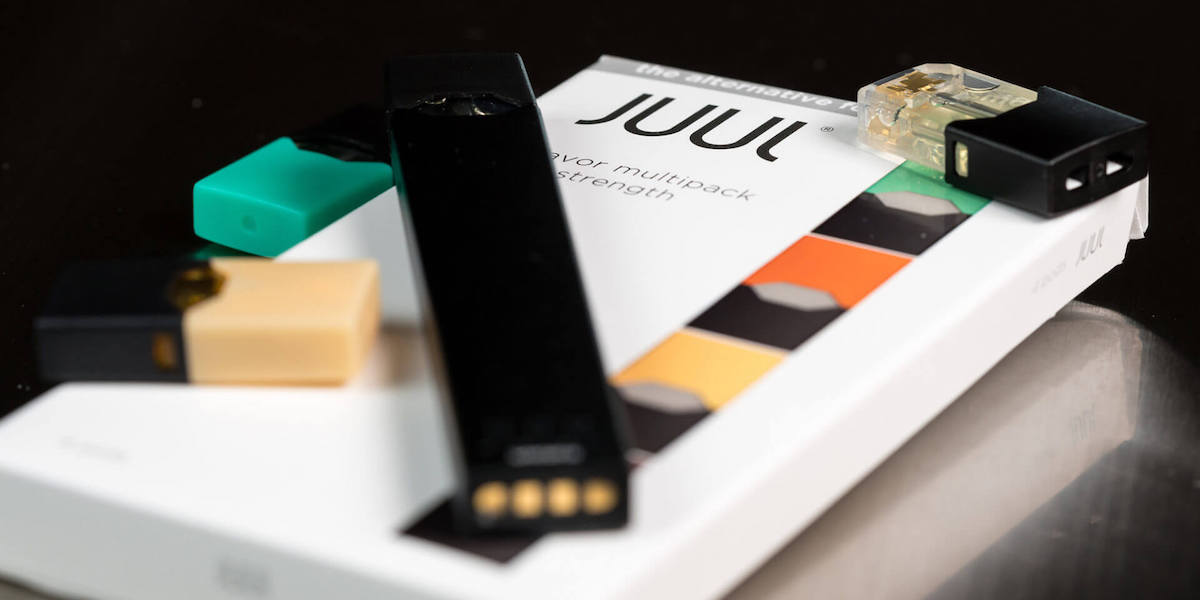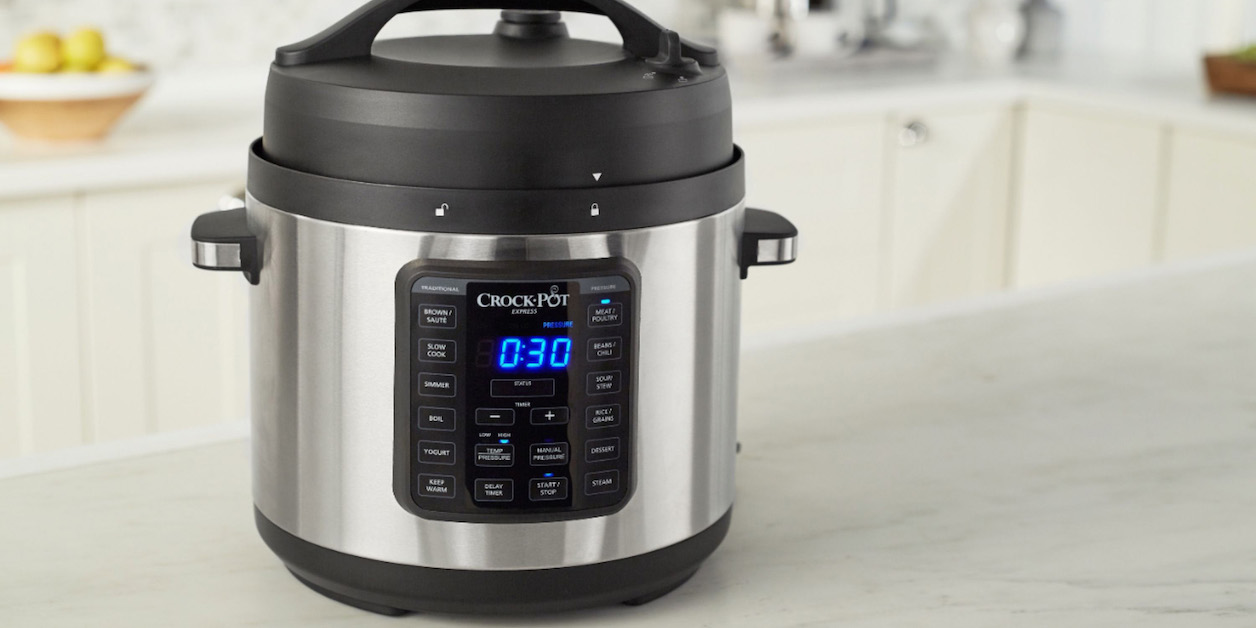Juul announced on Thursday, October 17, 2019 that it would no longer be selling products with fruit flavors or dessert flavors. Juul is the leading manufacturer of electronic cigarettes in the US.
The announcement comes in response to the views from critics that these flavored products have gotten teenagers addicted to vaping and especially the nicotine found in the products. The US Food and Drug Administration (FDA) along with several states have been investigating the products in light of the recent lung illnesses that have been linked to vaping.
An Alarming Trend
Both teens and adults claim they have become addicted to nicotine after using the products made by Juul. The Trump administration is also considering banning all flavored e-cigarette products.
According to Juul, the manufacturer will no longer sell mango, fruit, cucumber and crème products. These flavors add up to ten percent of the sales for the company. However, Juul will continue to sell menthol and mint products, which are the two most popular options.
A spokesperson for Campaign for Tobacco-Free Kids says that 64 percent of high school kids who use e-cigarettes choose mint or menthol. This person wants to see all flavors banned other than tobacco.
More cases are being reported for the mysterious lung disease that has swept the country and is tied to vaping. At last count, almost 1500 cases have been reported in 49 states. About two-thirds of the products involved have THC in them, which is the ingredient in marijuana. Seventy percent of patients are male and almost eighty percent are under 35 years of age.
This is a serious illness with the number of deaths continuing to climb as well. There have been 33 deaths reported in 24 states. While the average age of the people who have died is higher, a teenager has also succumbed to the illness.
No Single Cause Identified
While THC is seen as the main ingredient for these cases, it has not been labeled as the sole cause. Other ingredients may also play a part, especially since some of the illnesses included products that didn’t have THC.
The Centers for Disease Control and Prevention and other agencies still advise people not to use e-cigarettes or vape because no single cause has been named. Those who are affected often experience a sudden onset of symptoms. These may include coughing and shortness of breath. They may feel chest pains. Many of them are diagnosed with pneumonia at first. They often require oxygen and in severe cases, a ventilator may be necessary to help them breathe.
Critics claim that Juul’s decision is not enough to stop the alarming trend. They say that more needs to be done to stop teens from trying e-cigarettes or continuing to vape. The illness has impacted sales of vaping products and affected the reputation of brands like Juul because of the heightened risk for developing an illness. At the same time, many others continue to vape, considering the risk manageable for them.



































